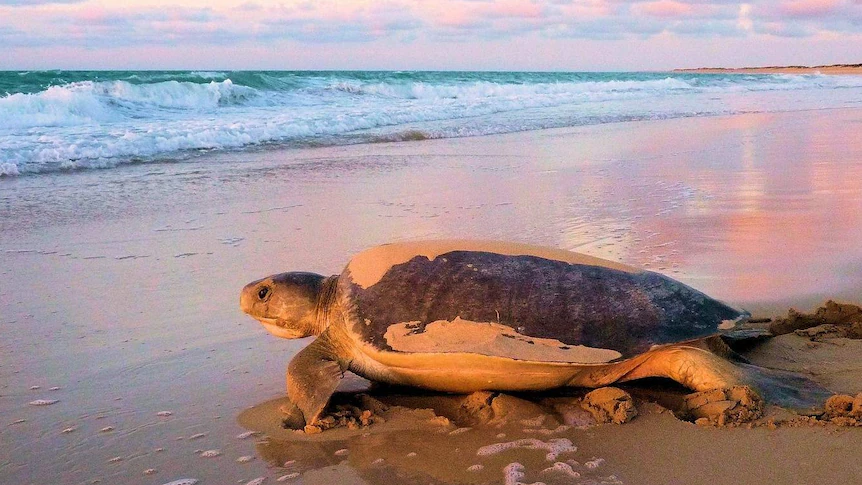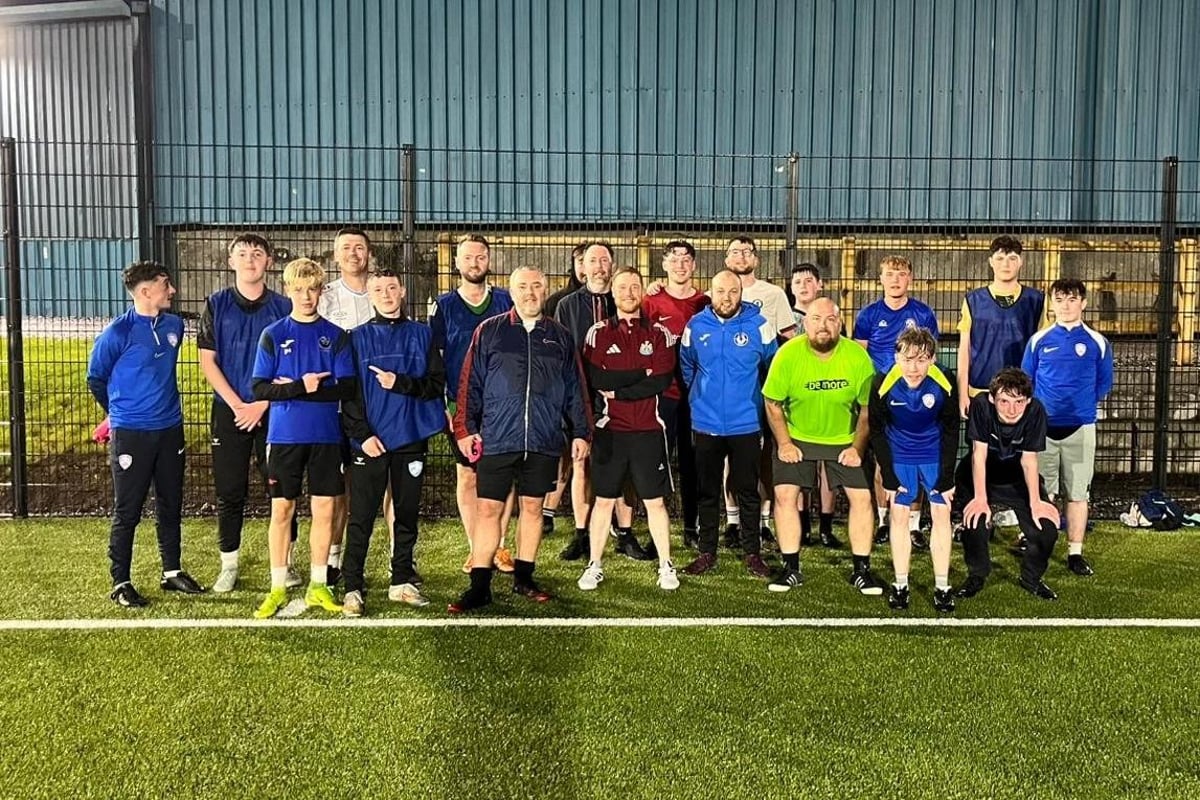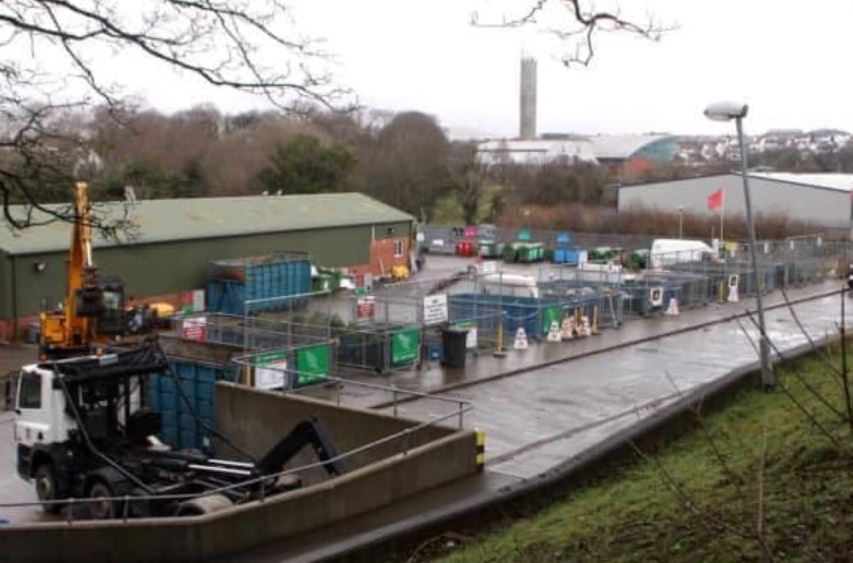By Ruby Littler
Copyright abc

New research has unveiled world-first footage and data revealing just what vulnerable flatback turtles are doing in the waters off Western Australia’s Kimberley.
The turtles are endemic to shallow coastal waters and one of five species that nest along the state’s north-west coast.
Researchers from Murdoch University, with support from the WA government, have been studying turtles in Roebuck Bay in Broome for more than eight years.
The research team used turtle trackers comprising of motion sensors, GPS and video cameras to monitor the creatures’ movements and feeding habits.
Analysis of the data will inform behaviour-specific conservation efforts in Broome’s Yawuru Nagulagun Roebuck Bay Marine Park and contribute to a richer understanding of the vulnerable species.
A turtle’s-eye view
Murdoch University marine biologist Adrian Gleiss said the research gave an “unprecedented” and “unseen” look into the lives of flatback bay turtles.
“If you think about management of marine species, the important thing is to understand what they need, because if you understand what they need, you can make sure you protect those habitats,” Dr Gleiss said.
Around 80 turtles have been involved in the research over the course of eight years, Dr Gleiss said.
Together with the Department of Biodiversity, Conservation and Attractions (DBCA) and Yaruwu rangers, the researchers will continue to develop the data collected.
Dr Gleiss said many questions remained unanswered, including how marine heatwaves and rainfall affected the turtles’ environment.
“We create knowledge and understanding of the species which can then be applied in different contexts … it gives us that ability to assess issues going forward.”
Sabrina Fossette, a researcher with the North-West Shelf Flatback Turtle Conservation Program at DBCA, described the tracking devices as “fancy tags”.
She said the purpose of the research was to inform a tailored conservation and management action plan based on the turtles’ behaviour.
The research could potentially inform more specific marine park zoning, fishing regulations and different management measures, she said.
The team collaborated with Yawuru traditional owners from the start of the project, with Yawuru rangers working with researchers in the field to catch turtles and equip them with loggers and tags.



